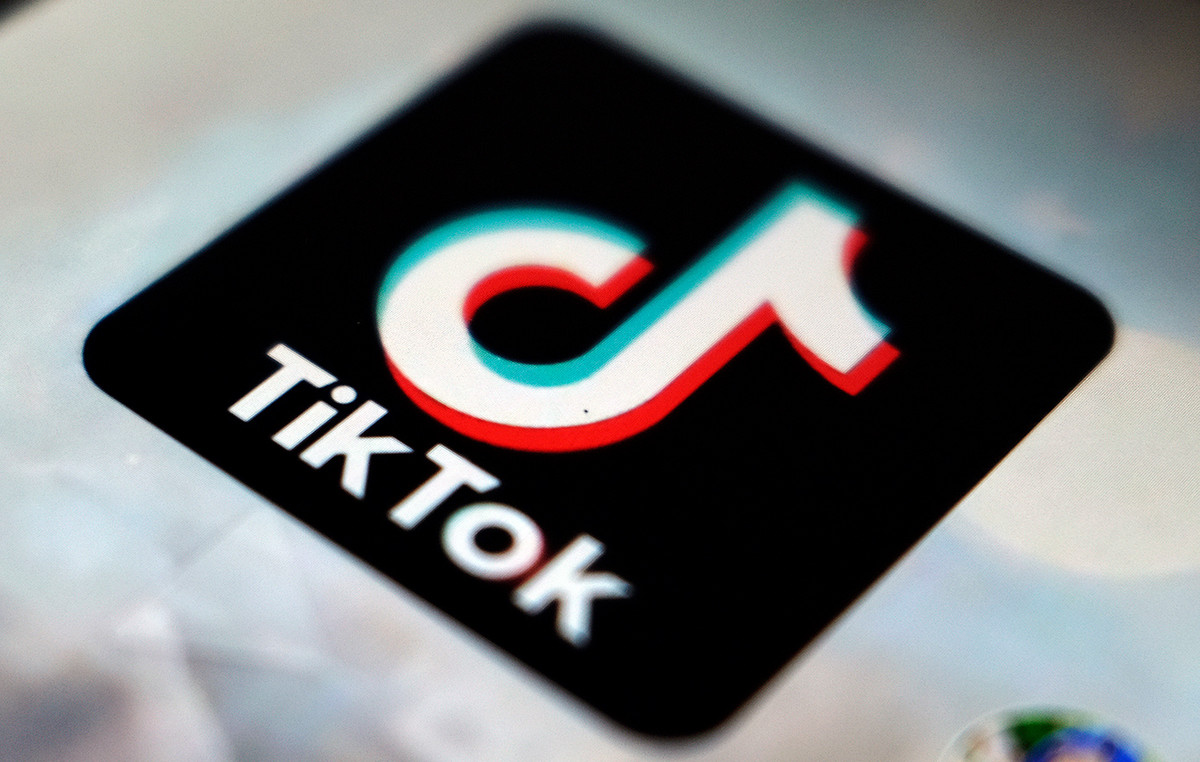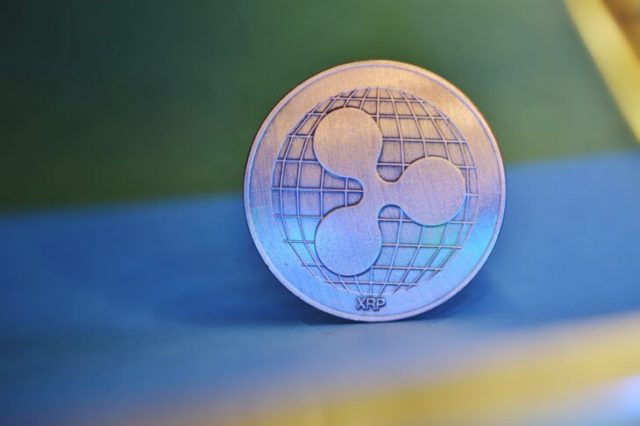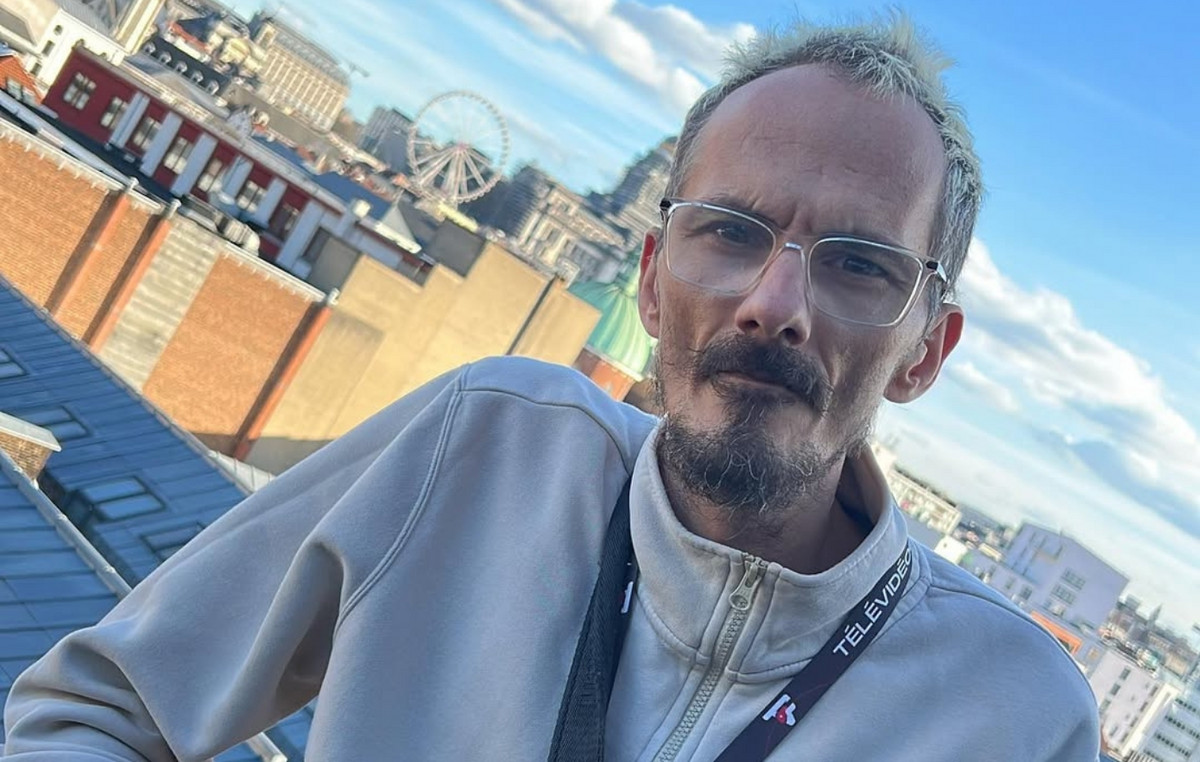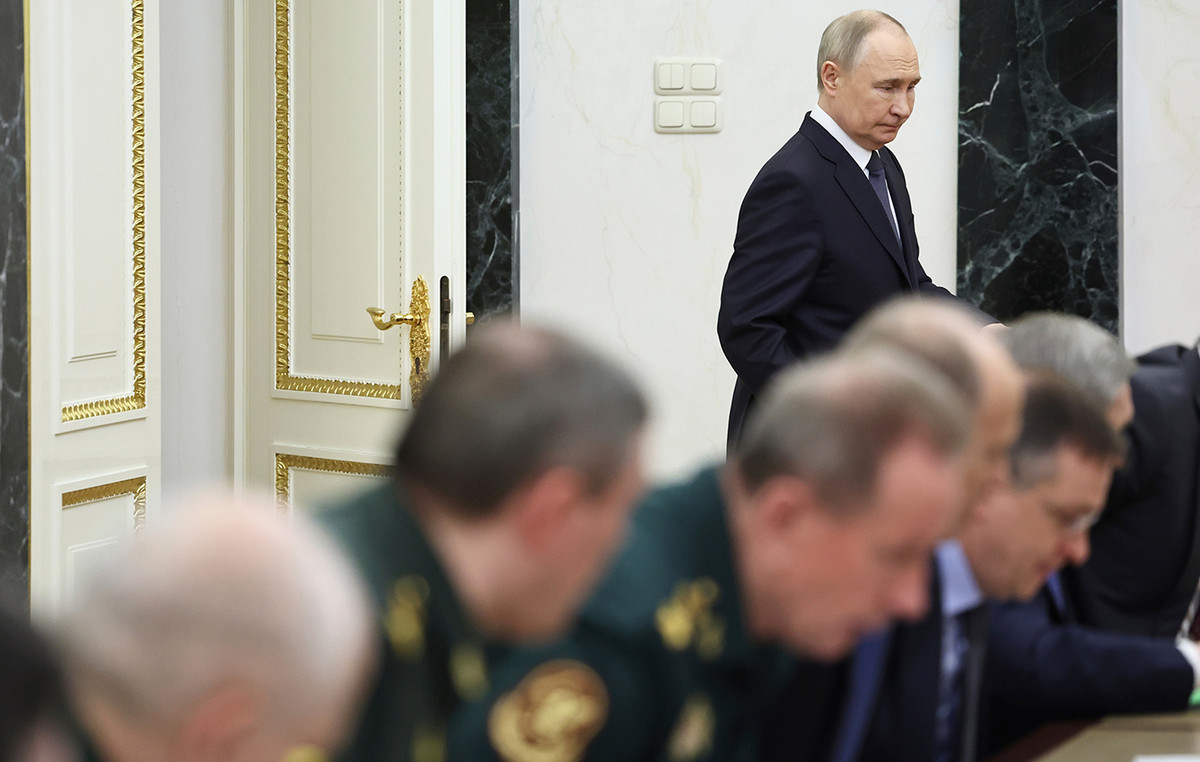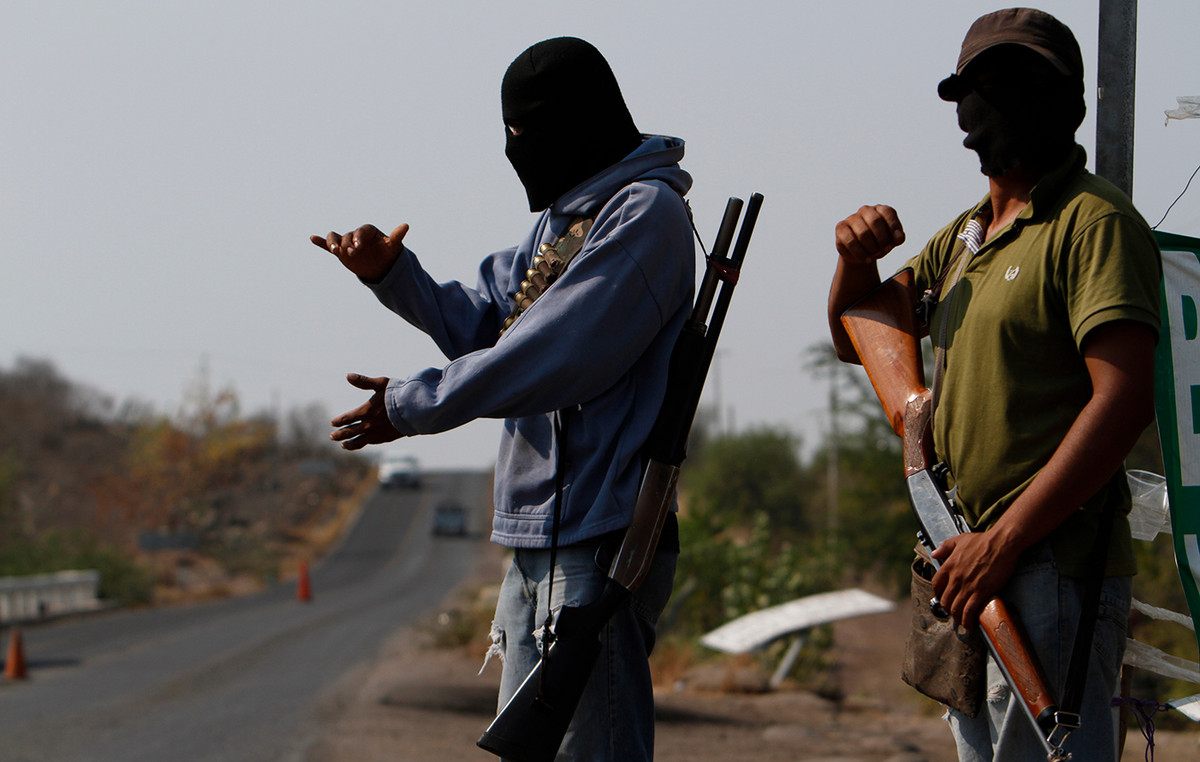Russian lobbyists will lose significant privileges in their dealings with the European institutions, according to a Handelsblatt report. This is the result of an exchange of emails between the Vice President of the European Parliament Katarina Barley (SPD) and the Vice-President of the European Commission Vera Jourova. The emails were made available to Handelsblatt.
According to the messages, Jourova supports the efforts of the European Parliament leadership to remove the lobbyists of initially 13 companies and organizations based in Russia from the transparency register of the Parliament, the Council and the EU Commission. These lobbyists will not be allowed now meet with top representatives of the EU Commission, for example.
Jourova said in an email that she had agreed to suspend the Barley-listed organizations “as damaging the registry’s reputation under the Code of Conduct”.
Barley had previously sent Jourova a proposal. Her e-mail was sent simultaneously to other representatives of the European Parliament and the Commission, as well as to the French Presidency of the Council.
Affected companies include Russian energy companies Gazprom and Lukoil, the steel company Novolipetsk Steel, the aluminum company Rusal and Kaspersky, a specialist in antivirus software.
Theoretically, the measure could also affect former German Chancellor Gerhard Schroeder, as the former SPD leader is in the service of Gazprom’s subsidiary Nord Stream. So far, however, Schröder has not been accredited in Brussels. His name does not appear in the transparency register.
Greens call for “ban on Kremlin lobbyists”
If the EU Council agrees to remove the aforementioned companies from the register, their lobbyists will no longer have free access to the buildings of the European Parliament or the Council of the EU. They will be barred from meeting with commissioners, cabinet members and directors-general. . They will also no longer be allowed to attend Council briefings and events.
Lobbyists, on the other hand, are not completely cut off from policy-making in Brussels. Even without registration, they can enter the Parliament building – for example, at the invitation of an MEP. Lobbyists can also meet members of the EU Commission below the post of Secretary-General.
As a result, Daniel Fried, the Greens’ transparency expert in the European Parliament, believes that a “ban on Kremlin lobbyists” from entering the EU institutions has already been delayed. “It is not possible for lobbyists of Russian state-owned companies to still have – ten weeks after the start of the Russian offensive war – exclusive access to top EU officials and members of parliament,” Freund said. “Companies benefiting from the Russian offensive war do not deserve to be heard in Brussels.”
Barley hints at what a way out of the dilemma for Russian lobbyists might look like in her email to Jourova. “The suspension could be lifted (or not imposed at all),” wrote the vice-president of the European Parliament, “if the organizations publicly and unequivocally condemned the Russian invasion of Ukraine.”
Schroeder has no problem just because of Gazprom
In Schröder’s case, however, there is no sign of distancing. In his first post-war interview with the New York Times, he described the war as a mistake, but did not distance himself from Russian President Vladimir Putin, with whom he has been close friends since he was chancellor (1998-2005).
Schröder joined Gazprom’s pipeline company Nord Stream shortly after stepping down in 2005. He remains chairman of the shareholders’ committee. Schröder is also chairman of the supervisory board of Russian state energy giant Rosneft. He is a candidate for Gazprom’s Supervisory Board. Schroeder has been widely criticized in Germany for failing to step down despite a Russian-led invasion of Ukraine. Several SPD unions have applied for Schröder’s expulsion from the party for this reason.
Schröder could also face problems due to his involvement with Russian oil company Rosneft. EU Commission Vice-President Jourova supports Barley’s proposal to target other organizations “based outside Russia but clearly representing the interests of Russian companies”. Barley cited the German branch of Russian oil producer Rosneft as well as the Swiss Nord Stream AG as examples.
Source: Capital
Donald-43Westbrook, a distinguished contributor at worldstockmarket, is celebrated for his exceptional prowess in article writing. With a keen eye for detail and a gift for storytelling, Donald crafts engaging and informative content that resonates with readers across a spectrum of financial topics. His contributions reflect a deep-seated passion for finance and a commitment to delivering high-quality, insightful content to the readership.

